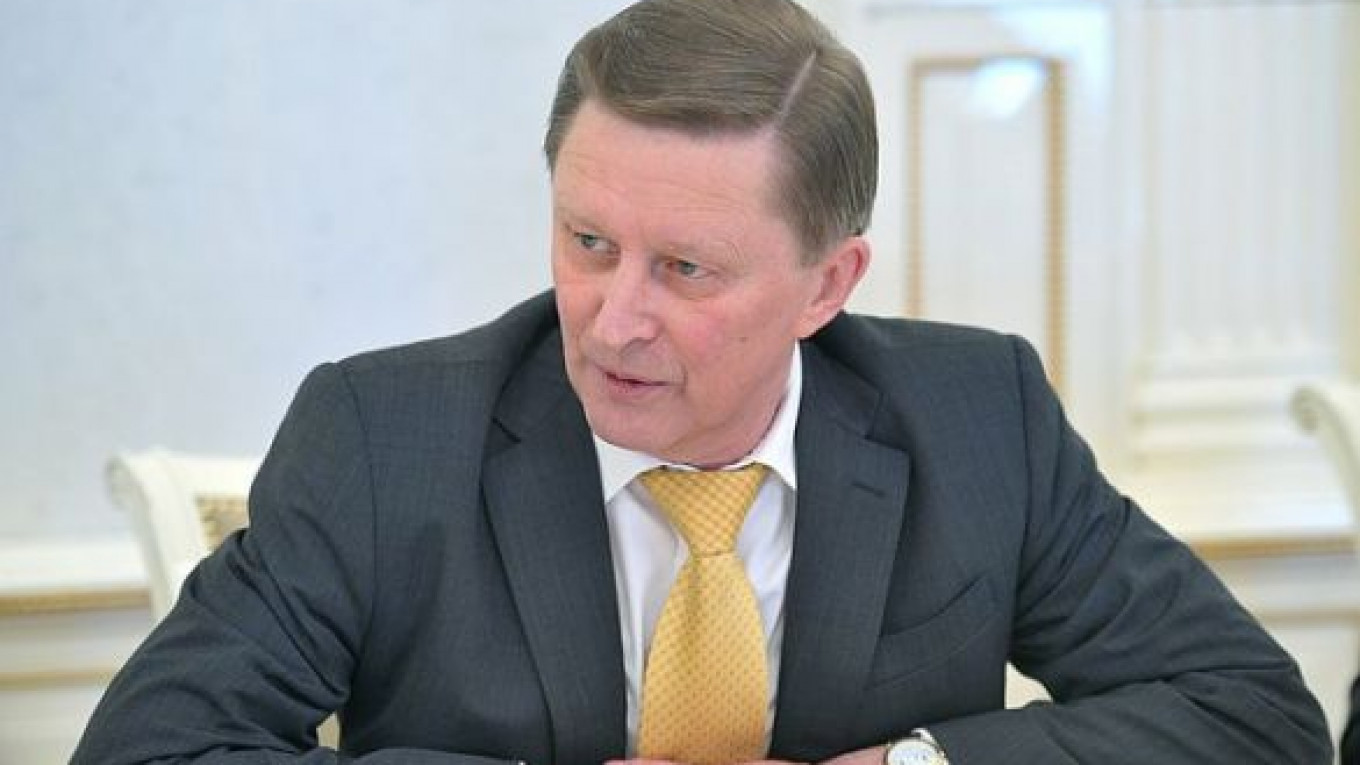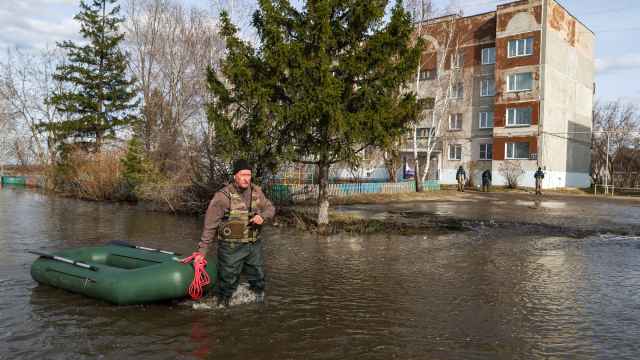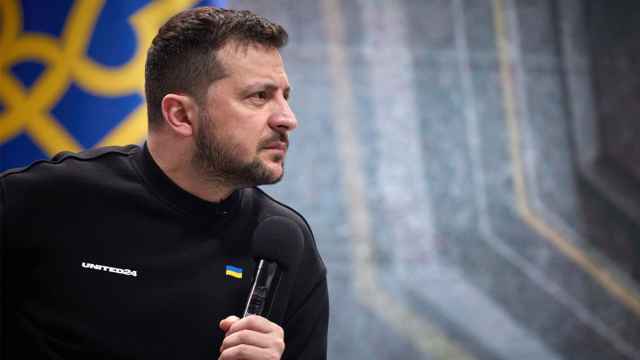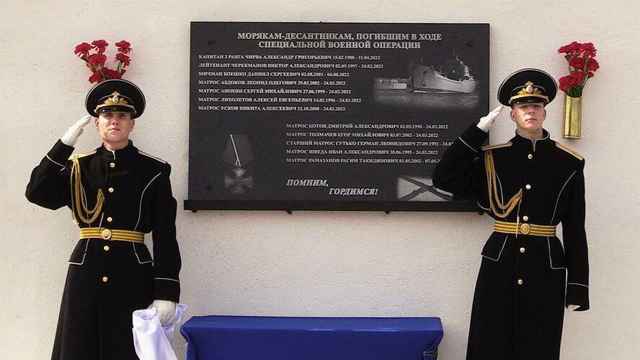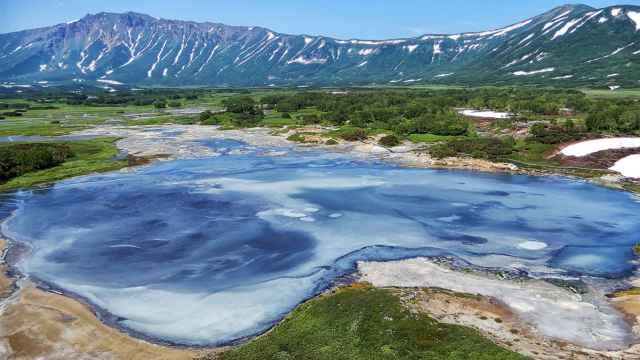President Vladimir Putin has expanded declaration requirements for more than 1.3 million state employees and given the Kremlin the power to demand and check disclosures, significant steps toward carrying out the government's stalled anti-corruption plan.
While the government hailed the moves, laid out in two decrees signed by Putin on Tuesday, a leading anti-corruption campaigner likened them to "checking off boxes" and expressed doubt about whether a Kremlin-run declaration regime could yield real results.
"This is my major concern. The system shouldn't be in the executive branch of the government. To function properly, it should be independent," said Yelena Panfilova, head of Transparency International Russia, an anti-corruption watchdog.
The declaration form now requires information about foreign bank accounts, securities and property, as well as sources of funding.
State employees will have until July 1 to declare their income, expenditures and major assets — domestic and foreign — using a new declaration form, and presidential chief of staff Sergei Ivanov must report to Putin about the declarations by Oct. 1, according to the decrees.
For the first time, the declaration form requires information about foreign bank accounts, securities and property, as well as an explanation of where the money came from to buy the property.
Senior officials at the Central Bank and the Pension Fund will now be required to file declarations, as will the heads of state corporations, such as energy giants Gazprom and Rosneft. They will be forced to give up foreign bank accounts, Ivanov said, according to the transcript of a meeting with Putin and senior officials published on the Kremlin's website on Tuesday.
He cautioned against requiring even more state employees to file declarations.
"To expand it to infinity is also dangerous. What kind of structure would have to exist to check declarations for 5-6 million people?" he said. "In general, we shouldn't get ahead of ourselves. We need to enforce the requirements under existing law."
Officials who fail to comply with the new requirements would face dismissal.
The Office of Presidential Affairs and the Presidential Administration will share responsibility for overseeing the declaration regime, and the Kremlin will have the right to demand the declaration of any officials "right down to the municipal level," Ivanov said.
"Before, the monitoring system was vague and shapeless. They've established a vertical system of control, more or less," Panfilova said.
The decrees also extended much-needed protections to whistleblowers, giving them access to public defenders if they are sued for defamation. Even anti-Kremlin sleuth and protest leader Alexei Navalny could be eligible for free legal counsel.
"If somebody sues him for slander, he probably could. But I don't think [he's] poor enough to need a public defender," Ivanov said.
Anonymous whistleblowers, however, will not be eligible for state assistance. Their letters will go "strait into the garbage bin," Ivanov said. Prominent whistleblowers have faced harassment and even violence in recent years, prompting would-be proteges to cloak their identity.
Blog posts, too, will be dismissed, Putin's spokesman told the Russian News Service. ExposОs by bloggers led by Navalny alleging foreign citizenship and undeclared properties abroad have forced several lawmakers to resign from their posts this year.
Officials touted the results of existing declaration requirements. About 1.3 million state employees filed declarations in 2011, and the government discovered 16,000 violations, resulting in 322 firings of officials "of all ranks," said Ivanov and presidential aide Yevgeny Shkolov.
The new rules might cause an exodus of bureaucrats, Ivanov said. "We live in a free country. Each will have to choose, either this or that," he said.
Enforcement is the key to making declarations an effective anti-corruption tool, Panfilova said.
"It doesn't matter what you require people to disclose. If you control it, it works. If you don't, it doesn't work," Panfilova said. "Is it going to be selective, is it going to be partisan, is it going to be just for a campaign? These are questions that have yet to be answered."
But when it comes to anti-corruption rules, at least, something appears to be better than nothing. "At least now we have a reference point. It's much better to have legislation that we, civil society and the media, can control, then not to have it." she said.
Contact the author at j.earle@imedia.ru


